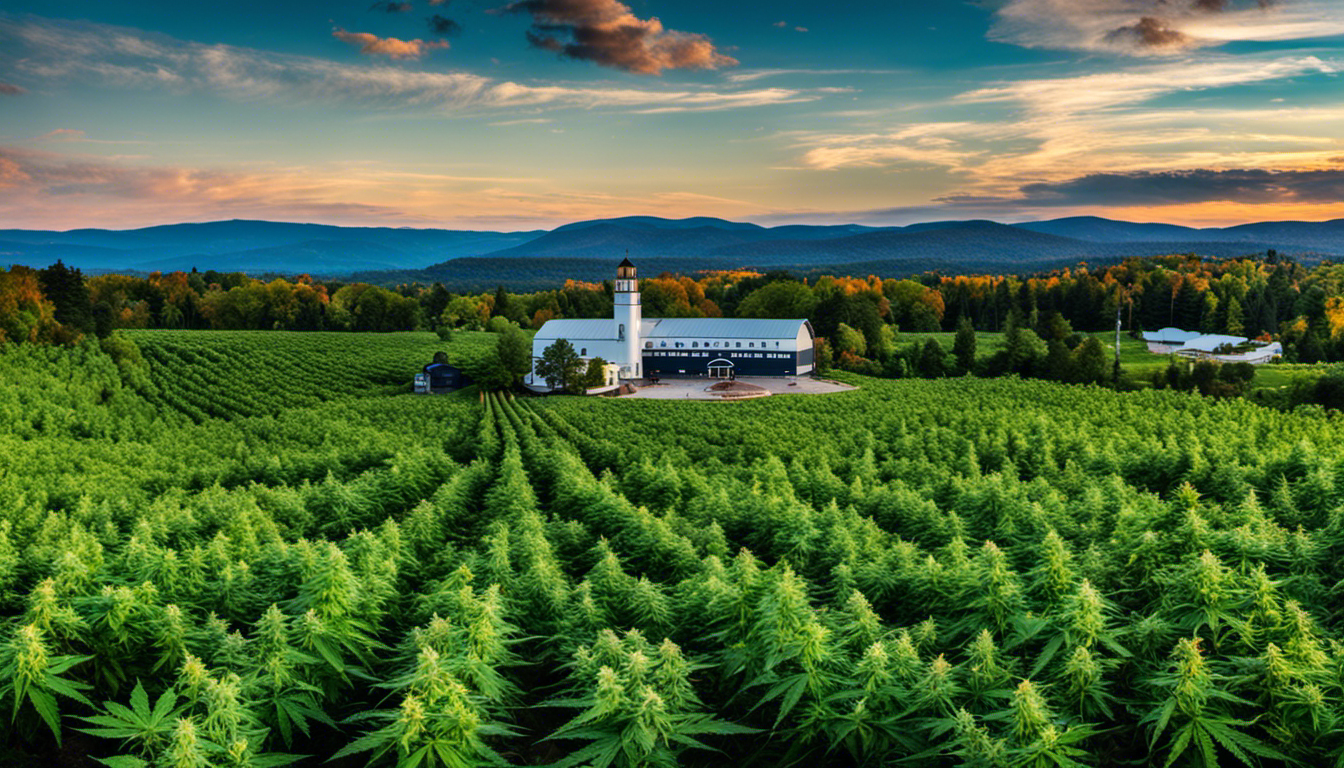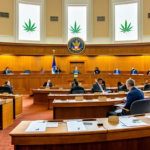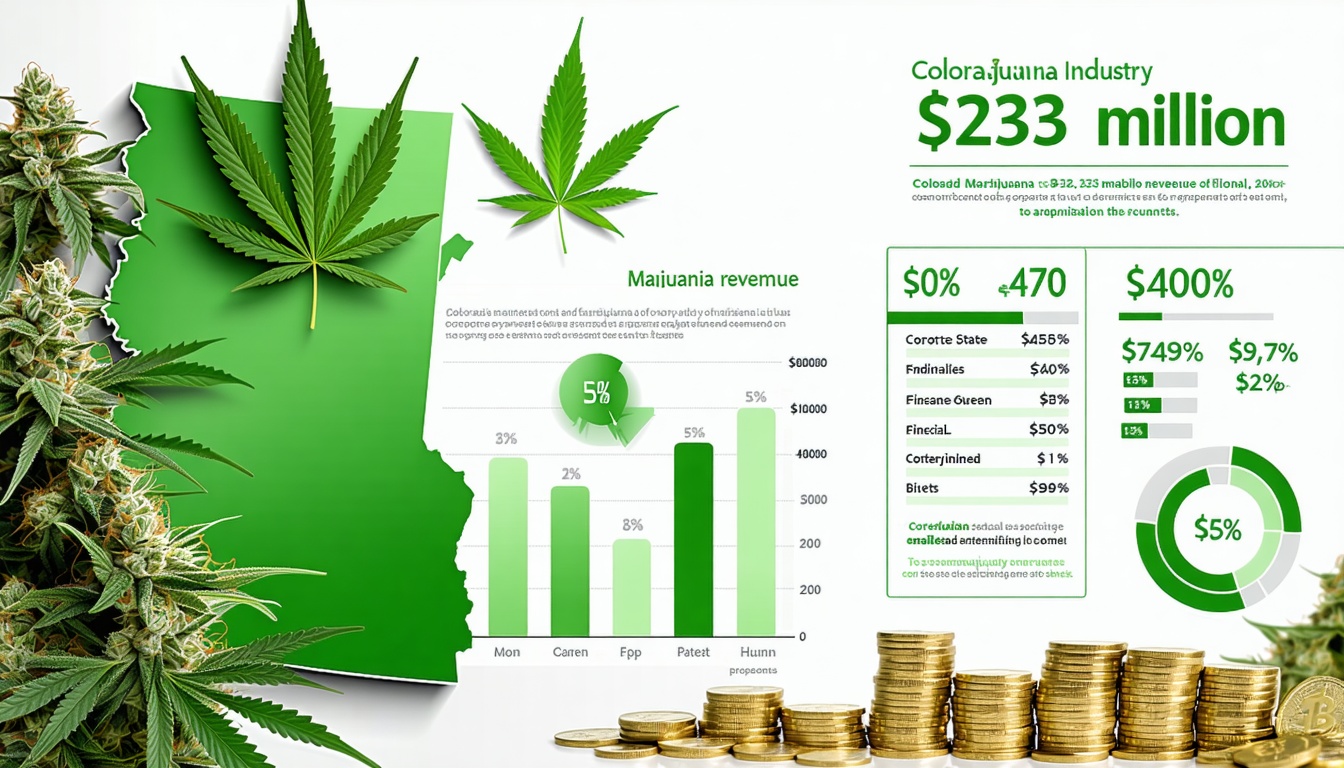Vermont’s Cannabis Industry Experiences Rapid Growth, but Challenges Loom
The Vermont cannabis industry has seen a surge in growth, with the retail market reaching $128 million by June, exceeding the projected $86 million by June 2024. The number of dispensaries has increased to 77, with many vendors feeling crowded. The Cannabis Control Board is now weighing how to guide the industry towards a sustainable and equitable future.
The industry’s rapid growth is partly due to the fact that it’s not entirely new. There was a vibrant market pre-legalization, which was difficult to measure. Many entrepreneurs, like Meredith Mann, owner of Magic Mann in Essex, are eager to participate in the legal market. Mann’s dispensary was initially stymied by a provision allowing towns to decide whether to allow cannabis retail within their limits. However, after a successful petition and campaign, the town of Essex lifted its ban, and Magic Mann opened as a recreational dispensary.
Magic Mann has also been approved for cultivation and manufacturing licenses, allowing Mann to create a “seed to sale” product. The company is now applying for a medical-grade cannabis license, which was made possible by a recent law allowing recreational dispensaries to acquire medical licenses.
The Cannabis Control Board Chair, James Pepper, believes that Vermont’s market should be self-reliant, with a focus on local cultivation and manufacturing. Currently, many vendors source seeds and immature plants from out-of-state, making it difficult to regulate and outsourcing Vermont’s cannabis genetics.
Rep. Michael McCarthy, D-St. Albans, agrees that Vermont should prioritize a local, craft cannabis industry. He was involved in passing a law creating a new license type for growers to sell immature plants to other vendors. However, some lawmakers are concerned that the industry may have given out too many licenses, with 395 active cultivation licenses currently in place.
Business owners are feeling the strain of the crowded market, with some predicting that there will soon be casualties. Kelsy Raap, director of education at Green State dispensary, supports a free market but believes that the competition will eventually lead to some businesses failing.
The state is also focused on promoting inclusion in the industry, with the Cannabis Control Board’s social equity project providing grants and loans to businesses run by members of marginalized communities. However, some business owners, like Marlena Tucker-Fishman and Noah Fishman of Zenbarn Farms, believe that more needs to be done to address past injustices and provide broad assistance.
The industry faces significant challenges, including the lack of access












